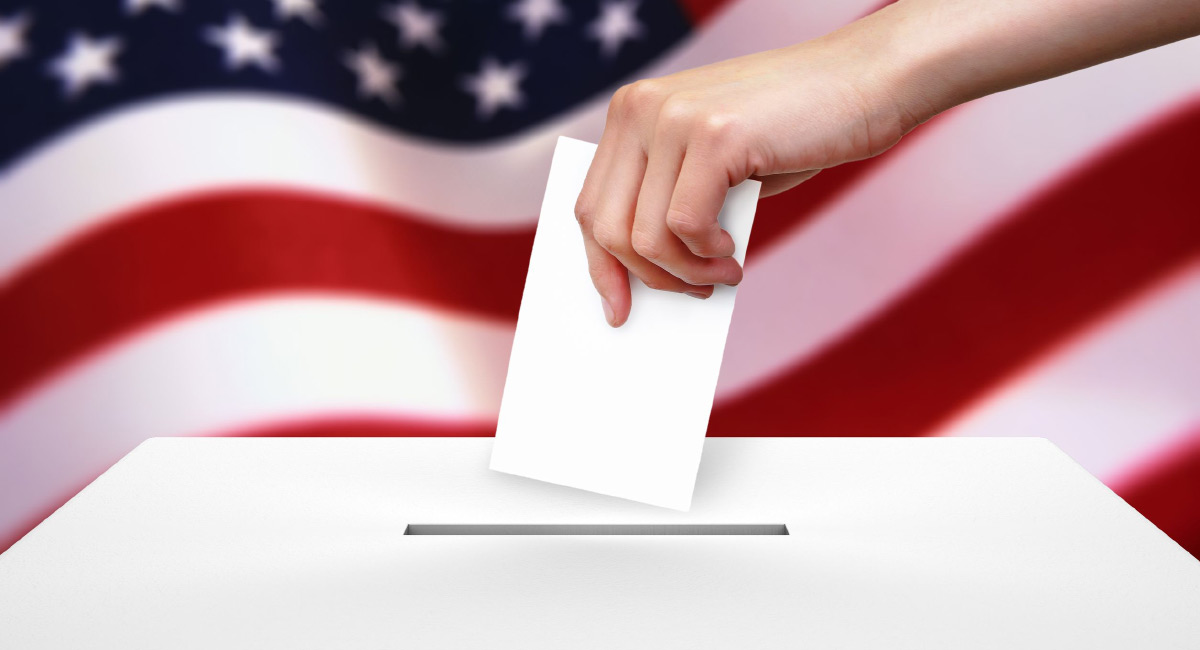It seems my friend Jason Brennan, a philosopher at Georgetown University’s McDonough School of Business, has blasphemed. Perhaps I shouldn’t be surprised that the author of books titled The Ethics of Voting, Against Democracy, and When All Else Fails: The Ethics of Resistance to State Injustice has controversial and unpopular opinions. The reactions to his most recent heresy, however, are fascinating and more than a bit puzzling.
What is his crime? In a recent column for USA Today, Brennan makes the obvious and should-be-totally-uncontroversial point that an individual vote is unlikely to make a difference in a large election.
Therefore, he argues, you would almost certainly do more good for society by working a little extra and donating the your extra earnings to an organization with a proven track record of helping people (see Givewell.org for some suggestions and evaluations).
His argument was...not popular. The writers of letters to the editor at Delaware Online did not just disagree with Brennan’s argument. They were positively outraged at the mere suggestion that voting is anything other than obligatory. We’re to believe that every vote matters because it just does.
But Brennan and other skeptics of the thesis that there is a duty to vote are making what should be an utterly uncontroversial mathematical point: the likelihood that you will cast the deciding vote in a large election is effectively zero. I sleep comfortably knowing that the same people would be elected whether I vote or not come election day.
Brennan and others—Christopher Freiman, for example, in the episode of the Libertarian Christian Institute’s podcast linked below, and in his forthcoming book on the ethics of political participation—are treating voting as just one option among many for those of us who wish to see the world made a better place. In light of the mathematics of voting, they argue that voting per se is a pretty weak way to help the people around us. As Brennan puts it in his USA Today column, “Casting a vote is thus like donating a Powerball ticket to Australian wildfire relief: 999,999,999 times out of a billion, you’ll achieve nothing.” To which I would add, “but you will consume resources that could have been deployed elsewhere.”
Actually becoming an informed voter making political choices on the basis of what Brennan in The Ethics of Voting calls “epistemically justified true beliefs” about what is, in fact, conducive to the common good is a lot harder than it sounds. What else could we do with all the time and energy we are consuming in the effort not just to vote, but to vote well? We could do a lot of things, it turns out, and there’s a pretty strong argument that those things will do more to advance the common good than voting.
I’ve said before that criticizing someone for voting because it isn’t going to change anything is like criticizing someone for taking communion at church because it isn’t particularly nutritious. It probably misses the point. If that is the case, though, then we need to change how we think about voting and consider that it isn’t actually a way to directly effect a better world. If it has value, it has value as a civic ritual, or a sacrament in the civic religion.
As much as anything, it is important to think as clearly as we can about these issues. Voting, as Brennan, Freiman, and others argue, is just one option among many for people who wish to see the hungry fed, the naked clothed, and the weak made strong. It might not be the best of those options, and in fact, it almost certainly isn’t.
Ep 155: Could Not Voting Improve the World? with Chris Freiman Libertarian Christian InstituteInspired in part by Bryan T. McGraw and Timothy Taylor, “How to Think About Voting When Your Vote Does Not (Really) Matter,” presented at the AEI Initiative on Faith and Public Life faculty retreat in Houston, TX, January 10-11, 2020. Disclosure: I’ve appeared on the Libertarian Christian Podcast a few times, most recently in August. Here are a few potentially useful things I’ve written on voting and policy.









